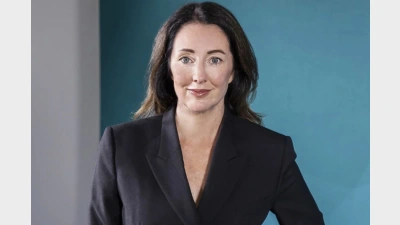AAT upholds APRA disqualification of Canberra auditor
The director of a small Canberra-based superannuation fund has failed to have the Administrative Appeals Tribunal (AAT) overturn a disqualification imposed by the Australian Prudential Regulation Authority (APRA).
APRA announced this week that a director of the KLA Australia Superannuation Fund, Christopher Giles Fearon, had failed in his appeal and that the disqualification would stand.
The appeal followed action taken in July, 2004, when APRA disqualified Fearon’s fellow directors, Peter Guild, Maris Neimanis, Ian Thomson and Glenn Wall, who were all directors of KLA Australia Investments (No 2) Pty Ltd, the trustee of the KLA Australia Superannuation Fund.
APRA found that while they were trustee directors between 2001 and 2004, the trustee had failed to submit annual returns to APRA, breached legal requirements to have equal representatives of employees and employers on the trustee board and also breached in-house asset rules, member disclosure requirements and the requirement to maintain minutes of meetings.
In September, 2004, APRA disqualified Fearon for the same reasons as his fellow directors and also found that he had personally breached the requirement to maintain appropriate records. A month later, APRA also found Fearon’s position as trustee director conflicted with his role as auditor and compromised the principle of auditor independence.
In confirming APRA’s decision to disqualify Fearon, the AAT found he had failed to comply with obligations placed on him as a director of the trustee of the fund and repeatedly failed to comply with the requests of APRA. It found that he performed audits of the fund even though he was not independent.
The AAT also found Fearon deliberately tried to deceive APRA and the Australian Securities and Investments Commission (ASIC) by lodging documents with ASIC in 2004 purporting to show he had resigned as a trustee director in 2001.
Recommended for you
AMP’s chief economist has unveiled a wish list for the Australian government’s Economic Reform Roundtable.
Australian retirees could increase their projected annual incomes between 3 and 51 per cent by incorporating personal and household data into their retirement income strategies, according to new research.
The best interests duty and new class of adviser didn't make the cut for the pre-election DBFO draft bill; however, ASFA has used its submission to outline what it wants to see from the final package.
The peak body stressed that the proposed financial advice reforms should “pass as soon as possible” and has thrown its weight behind super funds providing a greater level of advice.











